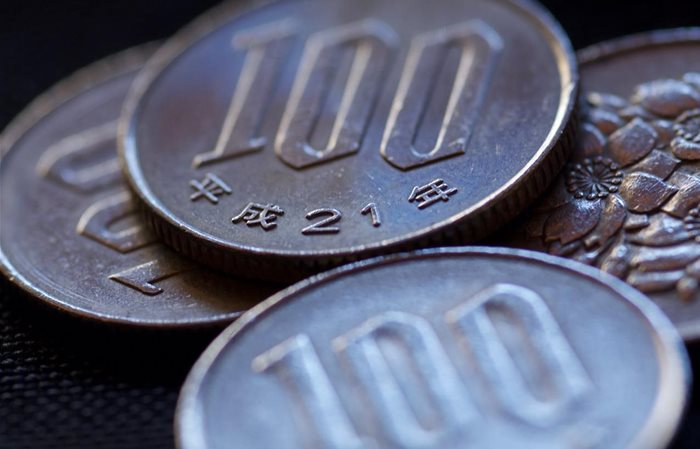The Japanese economy is still among the slowest to grow this year, despite the copious amount of money being printed to stimulate the economy.
Japan has not raised interest rates like the rest of the world and the yen is under tremendous pressure, currently trading above 144.
Reports show the yen has slumped to a level that leaves it on track for its worst year on record, prompting the strongest warnings to date from senior Japanese government officials aimed at stemming the slide.
The levels were last seen in 1998 when the Bank of Japan intervened to help the currency. Will this happen again?
The pound on the other hand, is staring a 37-year low straight in the face. If the GBP/USD trades below 1.14, it will be the first time since 1985 that the GBP traded there. Coincidently, the new prime minister Liz Truss’s hero, Margaret Thatcher was at the helm then.
The cost of energy in the UK and Eurozone is causing havoc for the currencies, as the market fears deep recessions for the economies.
Across the water in the US, the data that is coming out is not indicating the same deep recession. For now, the dollar is king and will continue to cause havoc as it sucks out the liquidity from the rest of the world.
The rand is at the mercy of the dollar, as risk assets across the world are under pressure.
Against some of the other major currency pairs, the rand is holding up, and the biggest weakness we are seeing is against the dollar. This reiterates the fact the dollar is king, and it's not weak South African fundamentals that are causing rand weakness versus the dollar.
For the short term, we remain cautious on the rand, and we could be in for a rough ride leading up to key Central Bank interest-rate decisions.















































